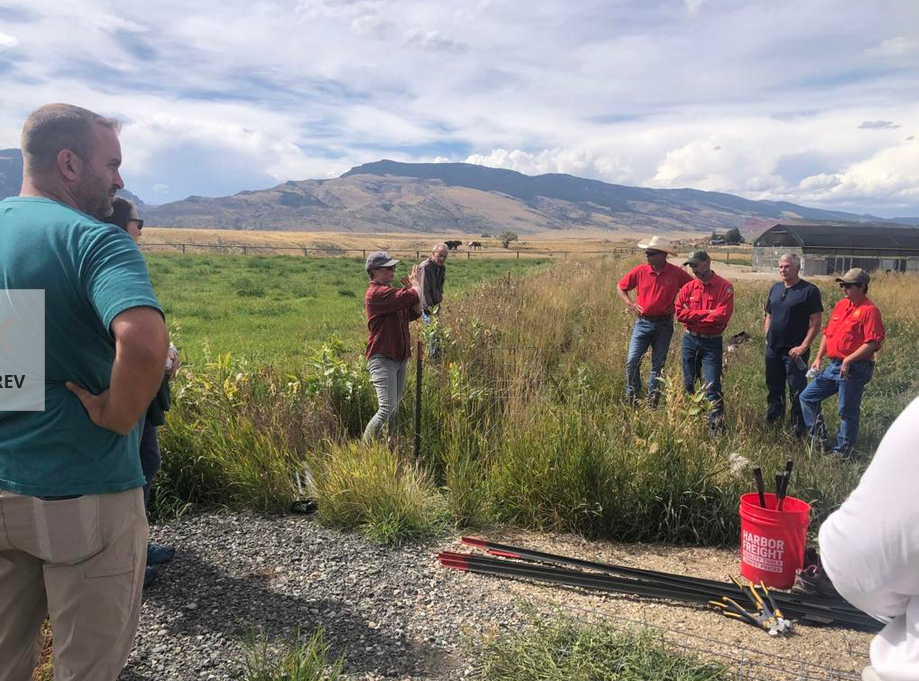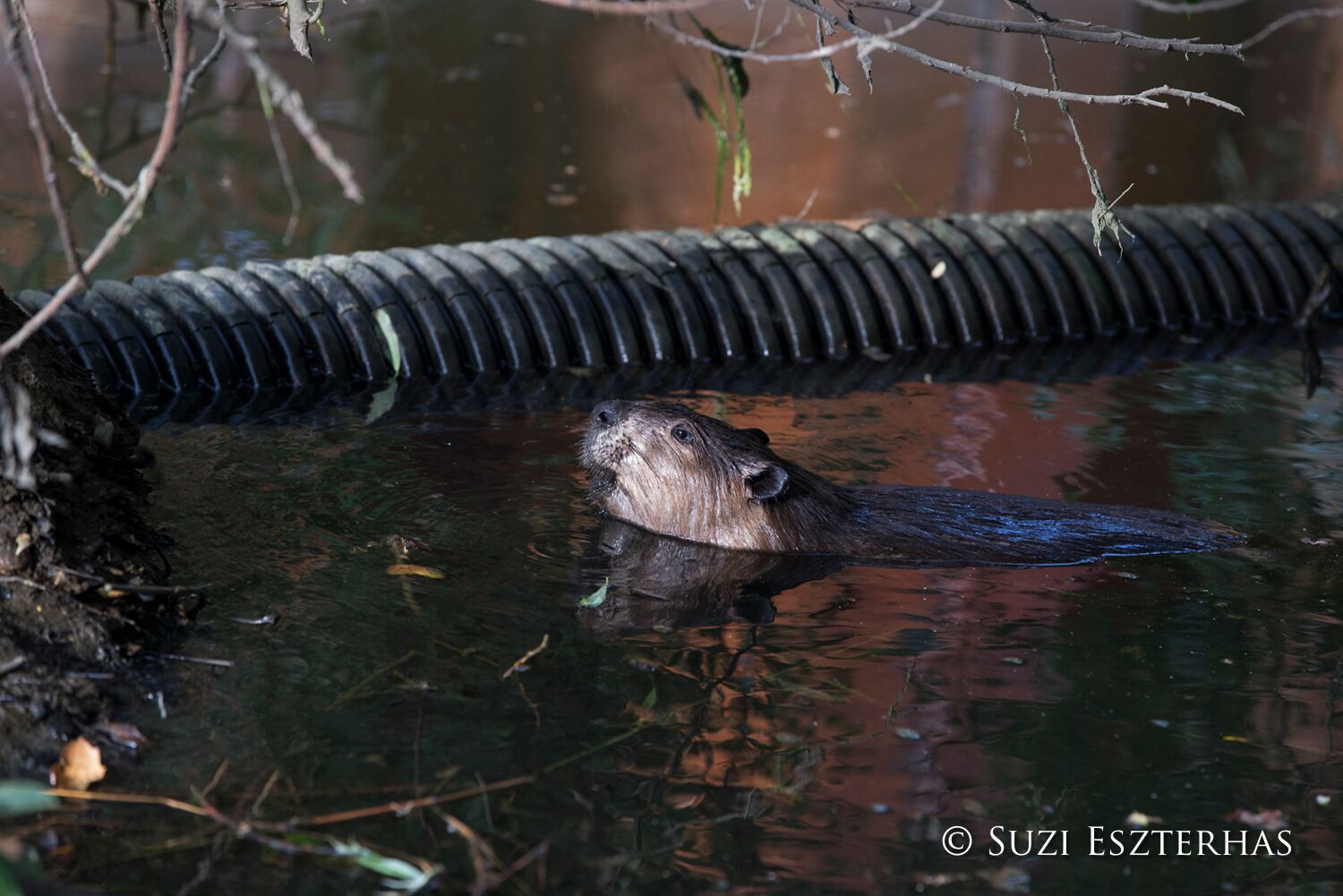When I finally settled down to read this Cody Wyoming article I was glum at the recommendation for relocation, but after the usual discussion of musical beavers it gets even better:
G&F lectures about beaver management
 Beavers are a unique species of animal known as keystone engineers, meaning they play a significant role in reshaping their environments, which provides benefits for a number of other species as well as themselves. However, beaver population numbers in the Big Horn Basin are at historically low levels.
Beavers are a unique species of animal known as keystone engineers, meaning they play a significant role in reshaping their environments, which provides benefits for a number of other species as well as themselves. However, beaver population numbers in the Big Horn Basin are at historically low levels.
By building dams, beavers increase the area of riparian ecosystems and restore the watershed in their respective regions. Over time, this leads to increased growth of cottonwoods and willows, as well as a rise in the water table and reduction of the impact of future wildfires.
However, property owners in the region experience difficulties when beavers dam irrigation ditches and culverts, which can lead to flooding of roads, driveways and pastures.
To assist landowners and beavers, Altermatt has relocated approximately 100 nuisance beavers. He has played a key role in moving beaver colonies from areas where they are unwanted and causing conflict to areas where they can flourish without causing unwanted changes to private land.
“When you’re able to trap and relocate entire colonies at once, there’s a better chance that the beavers establish themselves in their new location,” he said.
Yeah yeah yeah, we’ll take the beavers away and you can pat yourself on the back for not shooting them and maybe they’ll even live when we put the somewhere else! I mean sure, you’ll get new beavers after the old ones move out but this will fix the problem for now.
I liked this very much better:
 Other nonlethal solutions for beaver management were presented by Elissa Chott, Beaver Conflict Resolution Fellow at the National Wildlife Federation.
Other nonlethal solutions for beaver management were presented by Elissa Chott, Beaver Conflict Resolution Fellow at the National Wildlife Federation.
Since 2019, Chott and her team have led a program in Montana to reduce beaver conflicts by installing tree wrap, pond levelers and exclusion fences on properties where nuisance beavers are present.
Chott was trained by Mike Callahan of the Beaver Institute, who has decades of experience on the East Coast in mitigating beaver conflicts by building these apparatuses.
In addition to installing these projects, Chott’s team assists in acquiring permitting and offsetting costs through a cost-share program. To date, they have completed 74 projects.
“We developed our cost-share program because we did not want financial causes to be the barrier to getting these projects completed,” she said. “We’re talking about hundreds of dollars to install these projects as opposed to thousands of dollars if somebody had to pay for everything themselves.”
The workshop concluded with a tour of the beaver holding facilities at the G&F office, as well as the building of an exclusion fence in a culvert on site.
GO ELISSA! You know what they say, “Teach a man how to move beavers and he’ll be free from beavers for a month. Teach a man how to SOLVE BEAVER ISSUES and he’ll be free forever”!
Just remember if you keep the beavers you have and figure out how to deal with them they can keep water on your landscape and make more wildlife for you to shoot later.. So there’s that.






































